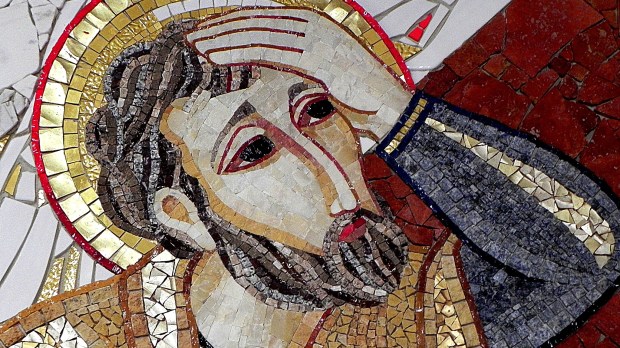The Gospel for this Sunday is Luke 18:9-14
Why was the sinner justified and the law-keeper not?
1 Introduction
Life is full of paradoxes. The Gospel is a kind of handbook for life. It is therefore also full of paradoxes. Why was the Pharisee who kept the prescriptions not justified by God, but the tax collector, a sinner, was? Jesus gives the answer to these paradoxes because he looks deeper, into the heart.
2. Key words
Two people went up to the temple area to pray;
one was a Pharisee and the other was a tax collector.
The Pharisee took up his position and spoke this prayer to himself,
“O God, I thank you that I am not like the rest of humanity —
greedy, dishonest, adulterous — or even like this tax collector.
I fast twice a week, and I pay tithes on my whole income.”
The expression “spoke this prayer to himself” means that he relied on himself, not on God. He believed that he would save himself by his own actions and perfection. In reality, no person is perfect. The center of his life was himself, not God. And in this he persisted.
But the tax collector stood off at a distance and would not even raise his eyes to heaven
but beat his breast and prayed, “O God, be merciful to me a sinner.”
The tax collector was aware of his sins. He came to the temple to put God at the center of his life from now on. Until then, the exploitation of people had been at the center of his existence. He understood and repented.
I tell you; the latter went home justified, not the former; for whoever exalts himself will be humbled, and the one who humbles himself will be exalted.
In St. Luke’s Gospel, being justified means more than just a moral qualification. It has a theological meaning. A person who is justified by God is one who is saved in the final judgment on his deeds. The tax collector who counted on God’s mercy was saved, not the Pharisee who counted on his perfection before God, and in fact had a huge ego.
3. Today
Jesus told this parable to illustrate those who “were convinced of their own righteousness and despised everyone else.” In my relationship with God and others, am I closer to a Pharisee or a tax collector?


